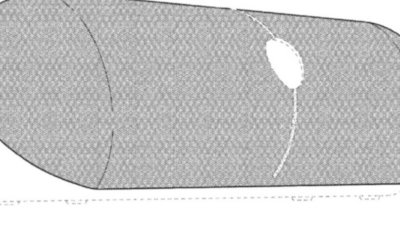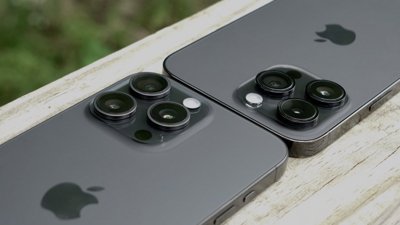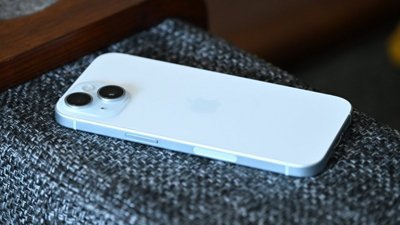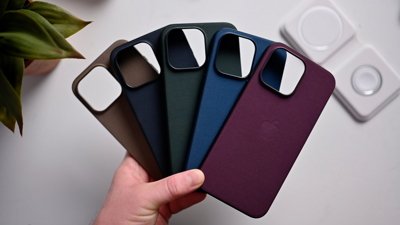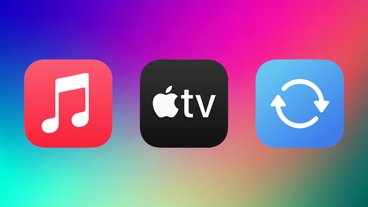Relaxed App Store rules now allow iPhone ringtone creators
As noted this week by MobileCrunch, a number of ringtone creation applications have hit the App Store since the official App Store Review Guidelines were published earlier this month. One option, the 99-cent Ringtone Designer Pro (iTunes link), is one of the top paid applications on the iPhone.
"Since the early days of the App Store, applications that allow users to make ringtones from songs on their handsets have either inexplicably sat on hold or were outright denied," author Greg Kumparak wrote. "And yet, here we are; as of right now, there are no less than 5 different ringtone making apps sitting in the App Store."
The change also arrived as Apple removed the ability to create and cut custom ringtones in iTunes 10. Ringtones are still available on the iTunes store, but the 69-cent purchases come in the form of a pre-cut 30-second clip.
In 2007, soon after the iPhone was launched, Apple added ringtones to the iTunes Store. Users were initially able to create custom ringtones from over 500,000 participating, licensed tracks.
The feature required customers to purchase a participating song from iTunes, and then spend another 99 cents to make up to a 30-second segment of the song into a ringtone.
But there were also a number of tools and methods that customers could use to make their own ringtones, recognized by iTunes and synced to an iPhone with the .m4r file extension. Users could also make their own free custom ringtones through Apple's own GarageBand application.
Apple's publication of the App Store Review Guidelines was accompanied by the company's relaxation of certain rules for software on the iPhone, iPad and iPod touch. Earlier this week, those changes marked the return of Google Voice software to the App Store, more than a year after Apple removed applications that used Google's telephony service.
 Katie Marsal
Katie Marsal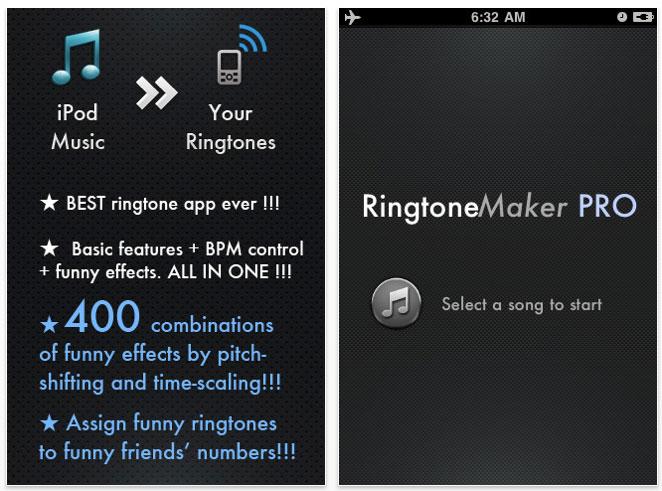

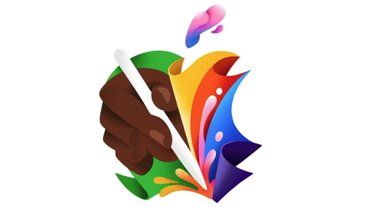
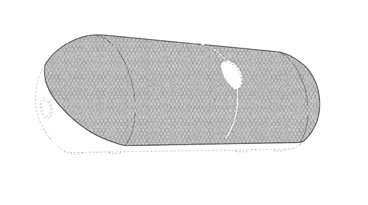







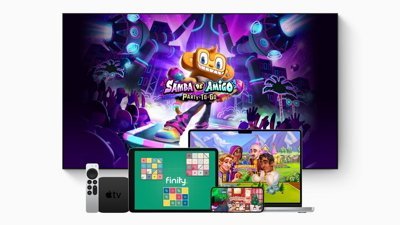
 William Gallagher
William Gallagher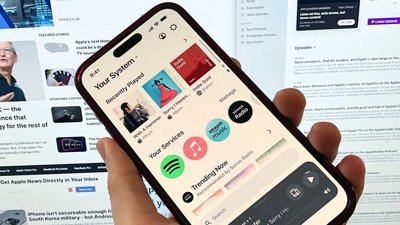
 Malcolm Owen
Malcolm Owen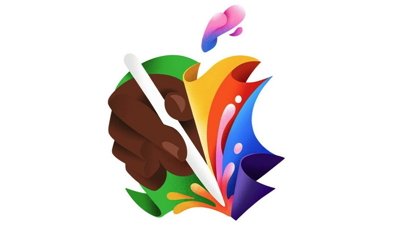
 Mike Wuerthele
Mike Wuerthele